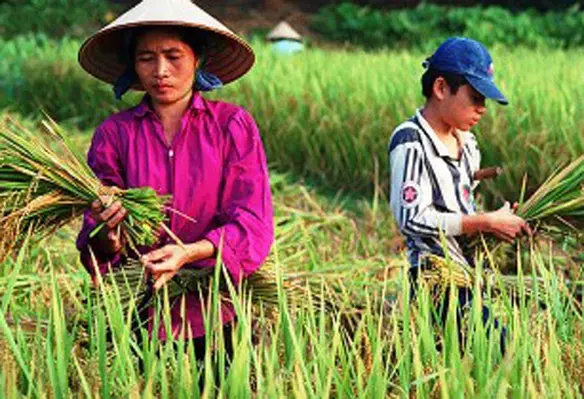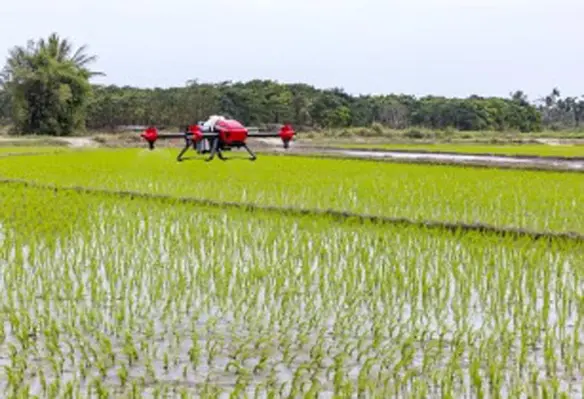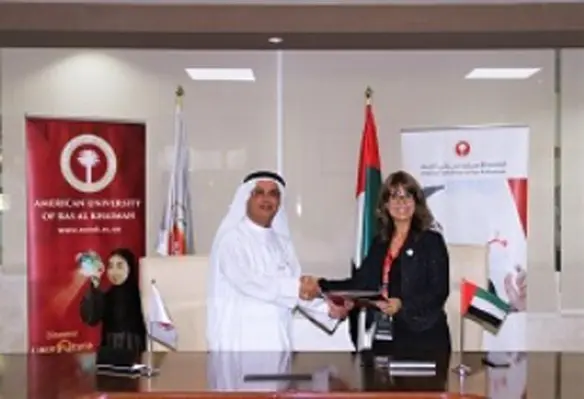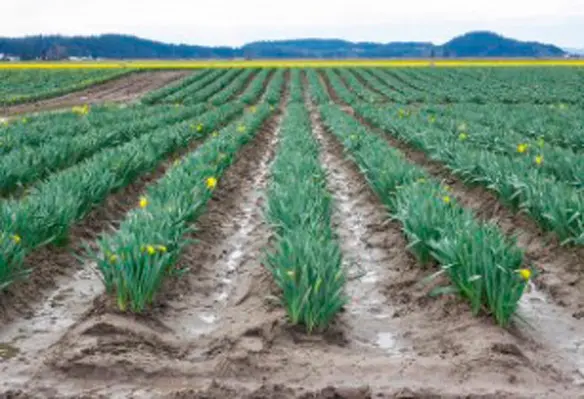
Employment for youth is a big challenge for Samoa. (Image source: World Bank Photo Collection/Flickr)
The Ministry of Agriculture and Fisheries (MAF) and the Food and Agriculture Organisation of the United Nations (FAO) has organised a workshop to address employment challenges for the youth of Samoa and build the capacity of young farmers on agribusiness management






